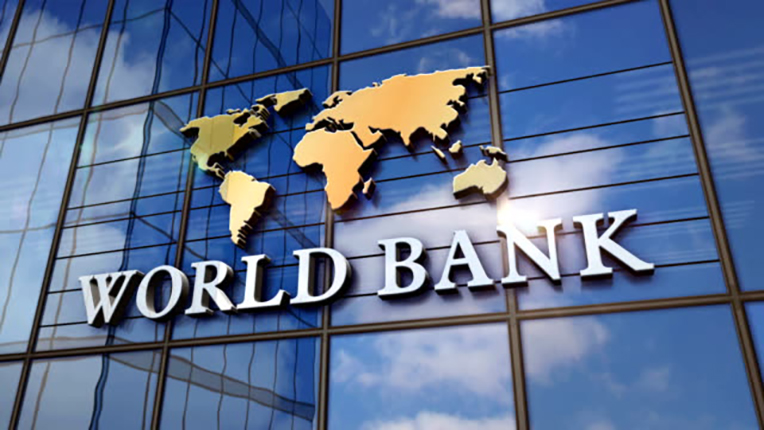A new report by World Bank has highlighted the underperformance of Egypt, Nigeria, South Africa and other African big economies, saying they are slowing down the continent’s economic growth.
In its Africa Pulse report, the Washington-based bank expresses its concern that Sub-Saharan Africa could be facing a “lost decade” of slow economic growth and high inflation, and that it is being weighed down mainly by its two largest economies, South Africa and Nigeria. The two largest economies in Africa, who together account for 40%-50% of the region’s GDP, need to industrialize and reform their governance, the report says.
High inflation and a sharp deceleration of investment growth are, according to the World Bank, other two main reasons that explain why African countries are recording slow growth.
The global bank projected that economic growth in Sub-Saharan Africa is expected to slow to 3.1% in 2023, down from 3.6% in 2022, with its growth forecast for South Africa cut to 0.5% for this year, down from 2% last year, which makes it one of the region’s slowest growing countries. The World Bank calls on the African governments, which are faced with dampened growth prospects and rising debt levels, to sharpen their focus on macroeconomic stability, domestic revenue mobilization, debt reduction and productive investments to reduce extreme poverty and boost shared prosperity in the medium to long-term. The report also said debt distress risks remain high with 22 countries in the region at high risk of external debt distress or in debt distress as of December 2022.



